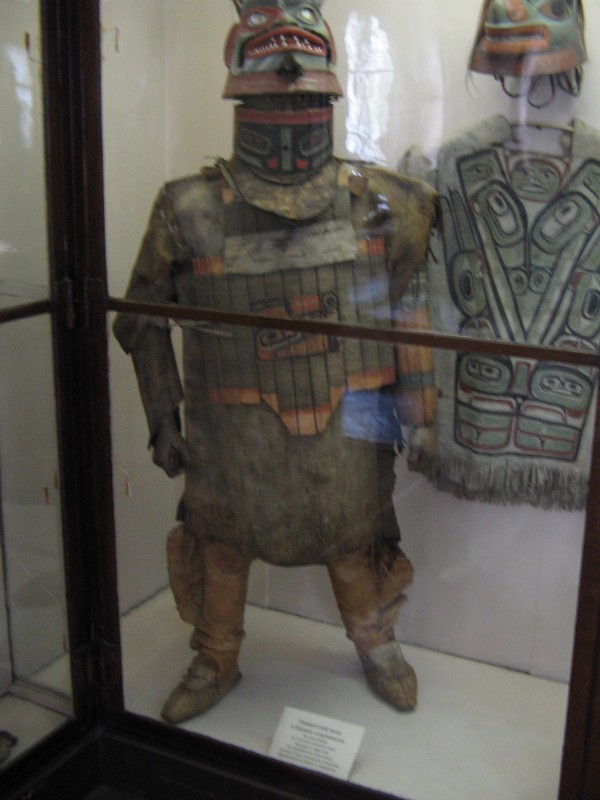Also wooden protection (warmbraces and breastplates) was used in medieval times by some inhabitants of Asia, including kyrgyz, mongols and other people. I heard that samurai lamellar armour sometimes were made from laquered bamboo plates, but don’t know if this is true.
Metal armour offers greater degree of protection than wooden. But metal was not always readily available and it was expensive and required much work to produce armor. There are other materials like leather or padded cloth. How good (or bad) was the wood in comparison with them? Was the wood everused for protection in combination with them in Europe?
I can also imagine another specific situation, where wooden armour may be a benefit for wearer: a fight aboard the ship. In case of accidental fall from the deck, where heavy metal armour will drown a man, a wooden cuirass may save his life – and it’s better than nothing for protection, I think, especially if this is hard and properly treated wood. Are there any historical accounts mentioning intentional use of wooden armour instead of steel one by European marines of Middle ages, Renaissance and later (perhaps, in colonies?).
Pictures: Various Aleut wooden helmets; Aleut warrior dressed for battle. Historical museum in Russia. Photo courtesy: tforum.zokov.net

[ Download ]